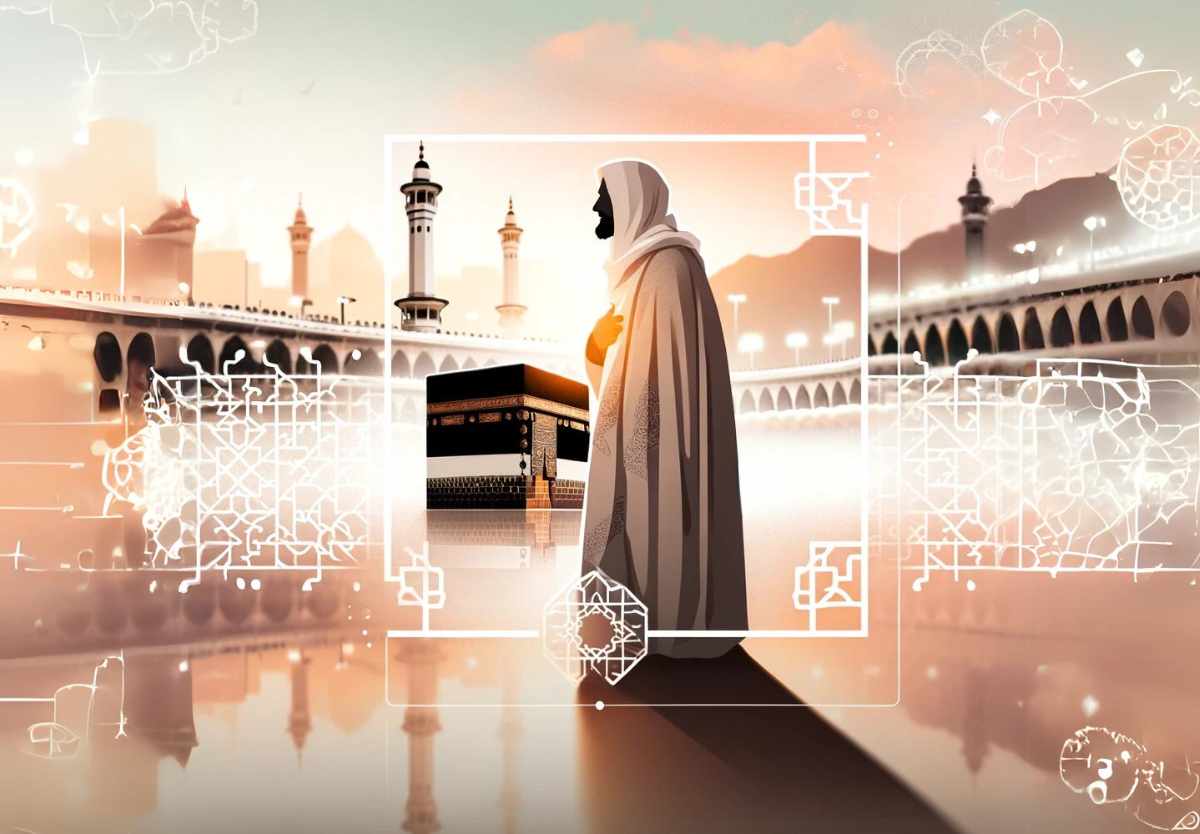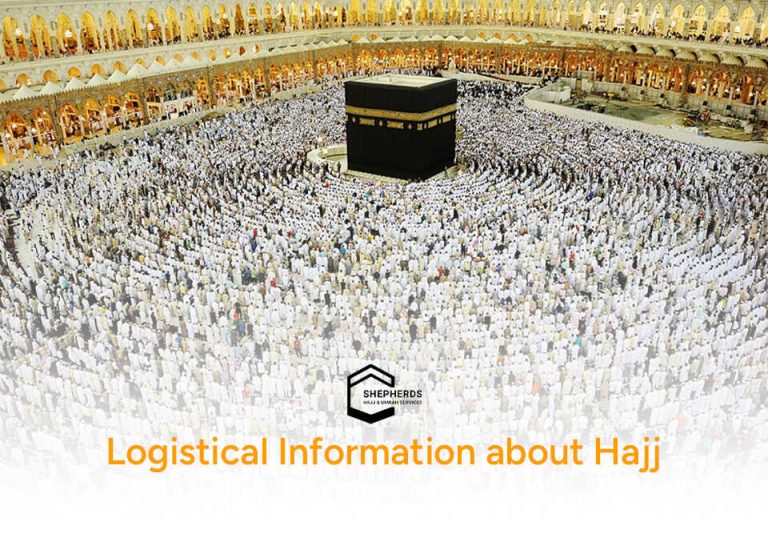Hajj, the annual pilgrimage to Mecca, is a fundamental aspect of the Islamic faith, representing one of the Five Pillars of Islam. This sacred journey is a profound spiritual experience that every Muslim is encouraged to undertake at least once in their lifetime. But who exactly is required to perform Hajj? In this blog post, we will explore the criteria and obligations for participating in Hajj, shedding light on the spiritual and practical aspects of this important religious duty.
The Obligation of Hajj
Hajj is mandatory for all adult Muslims who meet specific criteria. According to Islamic teachings, the pilgrimage is obligatory for those who are physically and financially capable of undertaking the journey. This means that a Muslim must have the health and strength to perform the rituals and the financial means to cover the expenses of the trip without causing hardship to themselves or their dependents. To understand more about the essence of Hajj, you can read What is Hajj?.
Criteria for Participation
- Physical and Mental Health: The pilgrim must be in good health, both physically and mentally, to endure the demands of the pilgrimage. The rituals of Hajj involve significant physical exertion, including walking long distances and performing various rites in crowded conditions.
- Financial Capability: The individual must have sufficient financial resources to cover the costs of the journey, including travel, accommodation, and other expenses. Additionally, they must ensure that their family is financially secure during their absence. For more insights into why Hajj is important, visit Why is Hajj Important?.
- Safety and Security: The journey to Mecca must be safe and secure. If there are significant risks or dangers, such as political instability or health epidemics, the obligation to perform Hajj may be deferred until conditions improve.
- Maturity and Sanity: Hajj is required of adult Muslims who are of sound mind. Children and those who are mentally incapacitated are not obligated to perform the pilgrimage.
Exemptions and Provisions
While Hajj is a mandatory act of worship, Islam provides flexibility for those who are unable to perform it due to legitimate reasons. For instance, if a person is physically unable to undertake the journey, they may appoint someone else to perform Hajj on their behalf, a practice known as Hajj Badal. This ensures that the spiritual benefits of the pilgrimage can still be attained, even if the individual cannot personally make the journey.
The Spiritual Benefits of Hajj
The virtues of Hajj extend beyond the physical act of traveling to Mecca. The pilgrimage serves as a means of spiritual purification, forgiveness of sins, and renewal of faith. It fosters a sense of unity and equality among Muslims, as pilgrims from diverse backgrounds come together in worship. To explore the various benefits of Hajj, check out Benefits of Hajj.
Preparing for Hajj
For those who are planning to undertake this sacred journey, thorough preparation is essential. This includes understanding the rituals, making necessary travel arrangements, and ensuring compliance with all requirements set by the Saudi authorities. A comprehensive guide can be invaluable in this regard. For detailed information on how to prepare for Hajj, visit Hajj Guide.
Conclusion
Hajj is a profound spiritual obligation that holds immense significance in the life of a Muslim. It is a journey that requires physical, financial, and spiritual readiness. By understanding who must participate in Hajj and the criteria involved, Muslims can better prepare for this sacred pilgrimage and fulfill one of the most important pillars of their faith. Whether you are planning your first Hajj or seeking to understand its deeper meaning, the journey to Mecca is a testament to the enduring power of faith and devotion in Islam.
Contact with Shepherds – Reliable Hajj Agency to book a Package.





